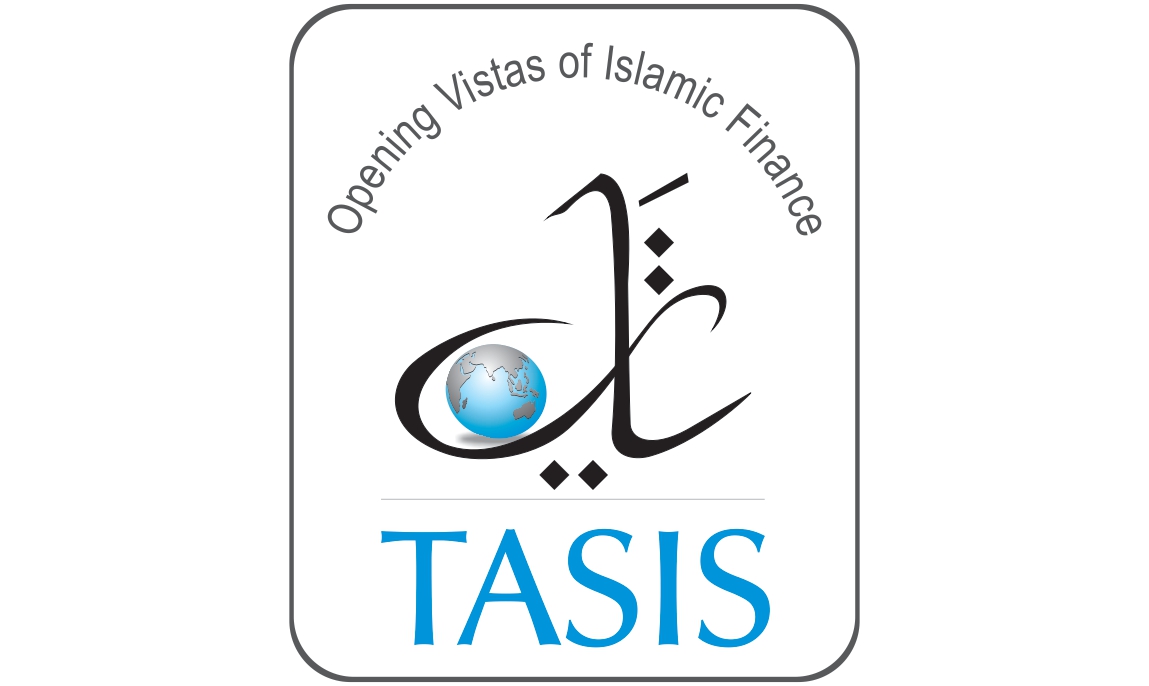Certification Procedure
Certification Procedure
Any entity which is involved in providing or offering a financial product/service/scheme/platform to raise funds for its clients or own operations and
a. which considers that the product/service/scheme/platform it is presently offering is already in compliance with Shariah norms, or
b. desires that its product/service/scheme/platform needs to be in compliance with Shariah norms as well as prevailing laws and regulations,
can approach TASIS for certification of its product/service/scheme/platform.
The following types of businesses can approach TASIS for certification:
| Stock Exchanges | Mutual Funds | Insurance Companies |
| Portfolio Managers | Investment Advisors | Brokers/Sub-Brokers |
| Venture Capital Funds/AIFs | Private Equity | NBFCs |
| Real Estate Funds/Investment | P-2-P Platforms | REITs |
| Co-operative Credit Societies | Microfinance entities | Individuals |
| Companies/LLPs/Firms in various businesses |
The process of Shariah certification starts with the client contacting TASIS on its official contact details through phone, email or website to structure the business in a Shariah Compliant manner. During the initial discussion TASIS focuses more on objectives, methodology and legal issues involved in structuring the product.
After the initial discussion and a formal email from the prospective client requesting a proposal, TASIS shares a proposal regarding the assignment including Scope of Work, Timelines and Commercials.
On finalization of the proposal, TASIS prepares a formal agreement and shares it with the client.
On finalization and signing of the Agreement, the formal assignment starts.
In case the certification request is for an existing product or a Shariah variant of an existing offering, then the client needs to share all the relevant documents relating to the product. If the request is for a new product, Client needs to discuss the contours and options regarding the product with TASIS and come to a common agreement about the broad specifications of the product.
TASIS reviews the client requirements in the light of Shariah norms and comments and suggestions form the Shariah Scholars. This could be followed by a repetitive process of interaction among the client, TASIS and its Shariah Scholars till mutual agreement is reached on the final specifications of the product.
In case the certification request is for an existing product or a Shariah variant of an existing offering then the client revises the relevant documentation as required by TASIS and TASIS gets the same approved by the Shariah Scholar/s.
If the request is for a new product, client and TASIS jointly work out the documentation for the product and TASIS gets it approved from the Shariah Scholar/s.
TASIS gets the Initial Shariah Certificate (Fatwa) issued from its Shariah Scholar/s for (the structure of) the product. This Fatwa authorizes the client to start offering its product as a Shariah certified one till the first Shariah Audit of the product in actual operation.
Shariah Certification, as in case of any kind of audit, is a repetitive process. Once the structure of the product has been certified, to maintain the certification, audits have to be conducted at regular specified intervals. In the intervening period the client needs to provide regular feedback to TASIS as agreed. The audit focusses on validating the data already shared with TASIS and the status as at the time of audit.
Based on the findings of the audit, in case required, TASIS raises concerns with the client about areas in which there are issues about the operations. In response the client files a Compliance Report to address the queries raised and satisfies the concerns of TASIS.
TASIS issues the final Shariah Audit Report, which is presented to the Shariah Scholar/s. In response the Shariah Scholar/s issue/s the Regular Certificate (Fatwa) for the operations of the product for the Audit Period. This certificate authorizes the client to present its product as a Shariah Compliant one till the next Regular Audit.
